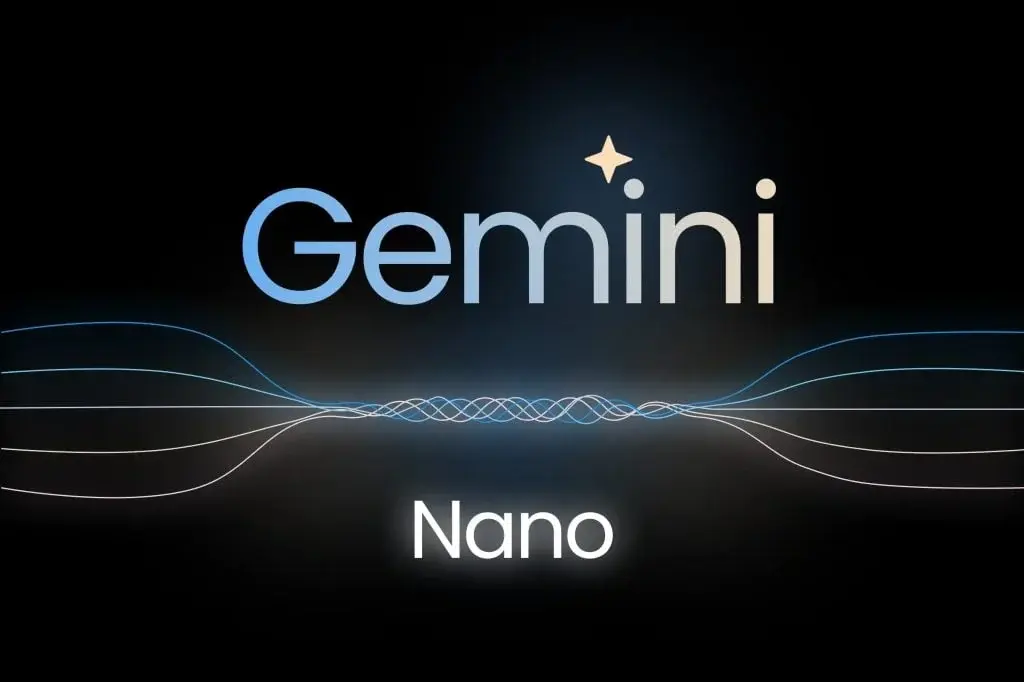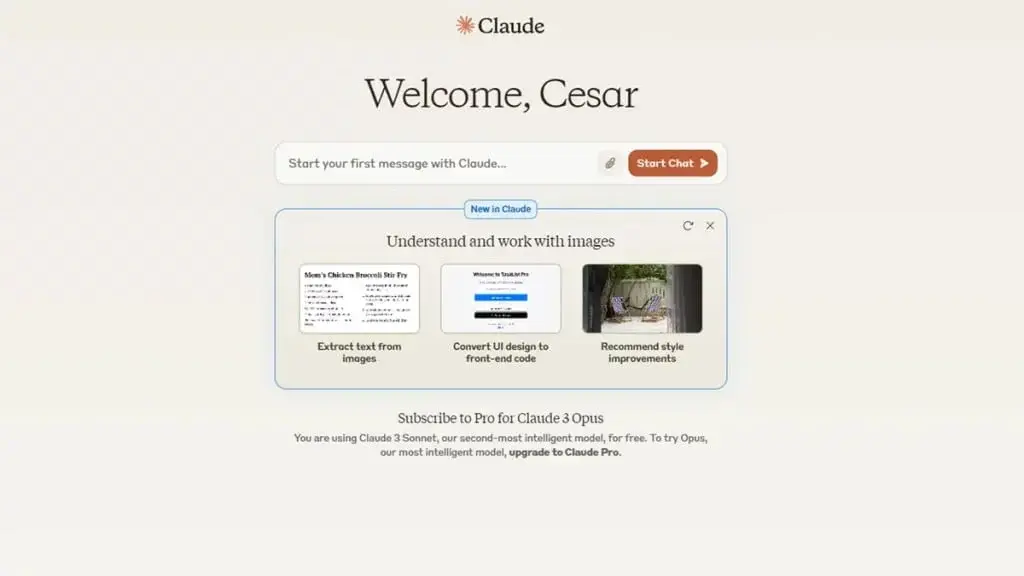Google Pixel 8 users have a reason to celebrate as the LLM AI model by the search giant is now confirmed to be accessible on the device. Initially, there was disappointment as it was revealed that the Pixel 8 Pro would be the only device to support the mobile-friendly Gemini Nano. This decision had left Pixel 8 owners frustrated due to the lack of clarity from Google regarding AI model support.
Google Pixel 8 to Receive Gemini Nano
The main reason cited for the absence of Gemini Nano support on the Pixel 8 was hardware limitations. This was confusing as the primary difference between the standard and pro versions of the device lies in the RAM capacity. Both phones run on the Tensor G3 chipset, with the Pixel 8 having 8GB RAM and the pro model reaching up to 12GB. Interestingly, the AI model is functional on the base Samsung Galaxy S24 variant as well.
In a statement given to Android Authority, Google assured that Gemini Nano would be accessible on all Pixel 8 units. They mentioned that large language models on phones with varying memory capabilities can offer distinct user experiences. Google appears to have found a solution to enable LLM on the Pixel 8 through rigorous testing.
Gemini Nano Availability and Features
Gemini Nano is set to be released as a Developer Preview alongside the upcoming Pixel Feature Drop update scheduled for June. Users can access developer options by navigating to Settings > About Phone and tapping on the build number seven times. The LLM model is expected to introduce two key features on the Pixel 8: summarizing recordings by generating bullet points and enhancing Gboard Smart Reply for quicker and more conversational responses.
Meanwhile, the Pixel 8 Pro will receive additional features and advantages from Gemini Nano.



